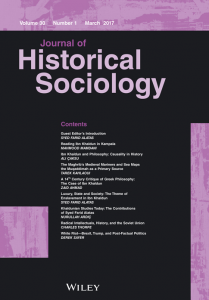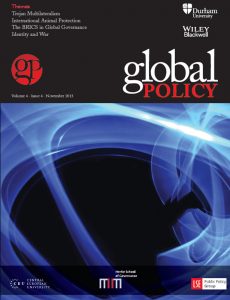Love on the tracks
 by enteringthewhirlpool
by enteringthewhirlpool
The juxtaposition of rail and romance is quite an old phenomenon, manifesting itself in films such as Brief Encounter and in popular songs such as “The Enchanted Train”, P.G.Wodehouse’s tribute to the Long Island Rail Road on which, apparently, he had courted his wife. Now it transpires that falling for people on trains has become rather popular on London’s public transport network and numerous websites and newspaper columns have come into existence with the goal of helping couples find each other so that two too tongue tied travellers can meet again.
I have no data on the success of such matchings but if the work of Frost et. al is anything to go by, we might expect it to be minimal. Frost et. al suggest that people are experience goods: that is to say it is difficult to know how much you like them until you have tried them. Their paper on improving online dating suggests that existing online dating schemes often lead to failure because the attributes which are searchable such as income or religion are not the attributes which lead to good long term matches such as sense of humour, frisson, smell, je ne sais quoi….
Of course, the very act of meeting someone on public transport could be seen as an experience good in itself, the unorthodoxy of the act adding some value to the relationship in question. It would seem to become a focal point of the relationship for some such as the couple mentioned in the article linked to above who return to the bus stop where they met on every anniversary. Still, you cannot enjoy the experience every day although I do seem to remember an anecdote in which Charlie Chaplin sometimes told his wife he was going to be meeting a beautiful lady at a certain place and when he turned up his wife was always there waiting for him. Then again, he did have four wives.
A striking fact about people advertising in one London newspaper to meet people who they have seen on public transport is that there are on average twelve respondents for every advert posted. This seems to suggest that there are a large pool of people who think, truly or otherwise, that lots of other people are looking at them and they like this very much indeed. Strategically, we might think about how to maximize the number of responses to a given advert. I would suspect that “I was the dark guy you saw on the Piccadilly line” would bring in more responses than “I was the mousy brown haired man you saw wearing a red jacket between Holborn and King’s Cross stations”.
Incidentally, last time I was on the Long Island Rail Road I shared a carriage with John Nash. I wonder what he would make of all this.

 Read More: People are experience goods: Improving online dating with virtual dates by Jeana H. Frost, Zoë Chance, Michael I. Norton, Dan Ariely
Read More: People are experience goods: Improving online dating with virtual dates by Jeana H. Frost, Zoë Chance, Michael I. Norton, Dan Ariely 



“Experience Goods”: what a different concept. I wonder if there is something “experience” about a person willing to think they could meet their life partner on public transport–it seems this might indicate other traits about a person. Thus, reading and responding to (or alternatively publishing) the advertisements is indicative of experiences beyond the act of responding.
Keri